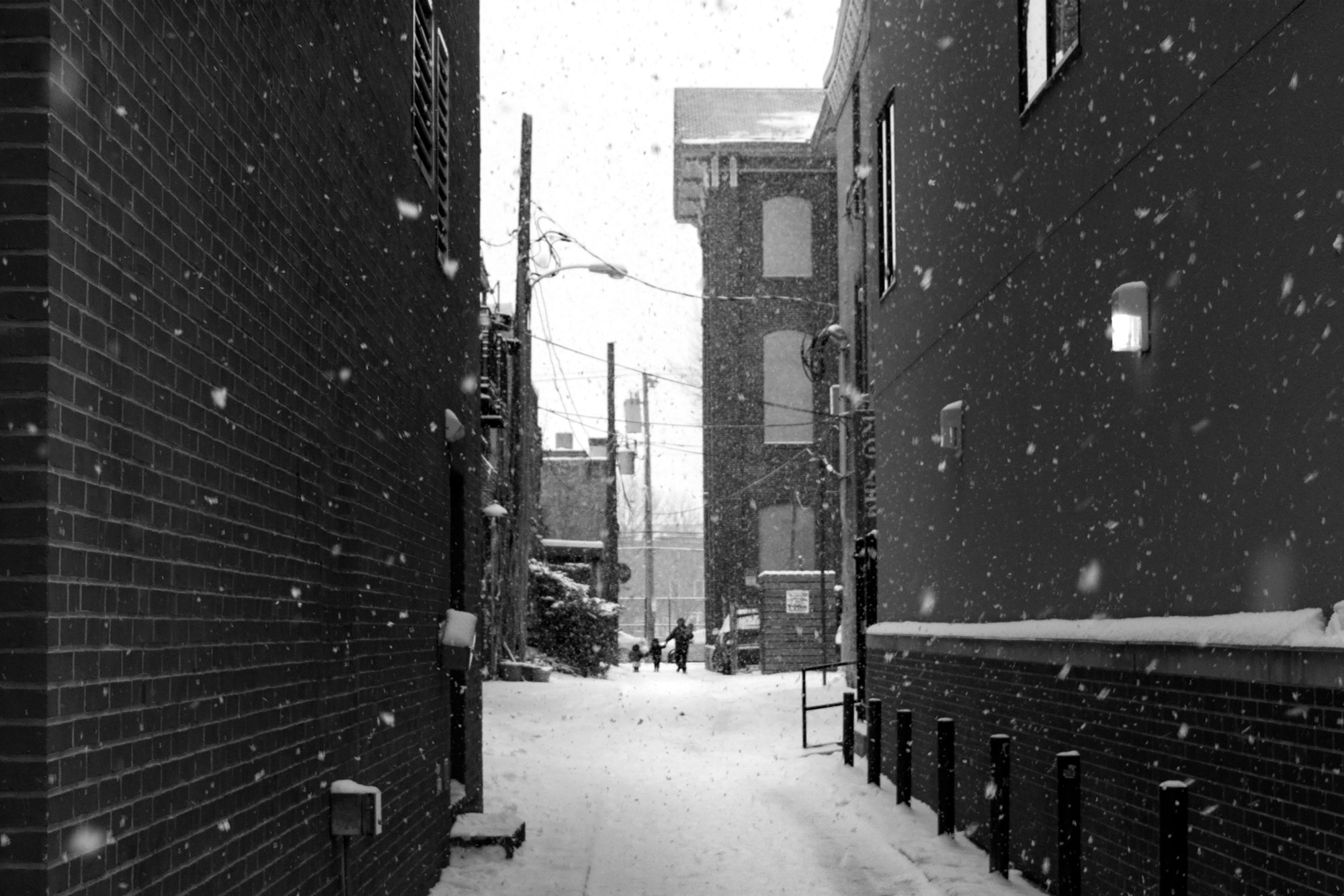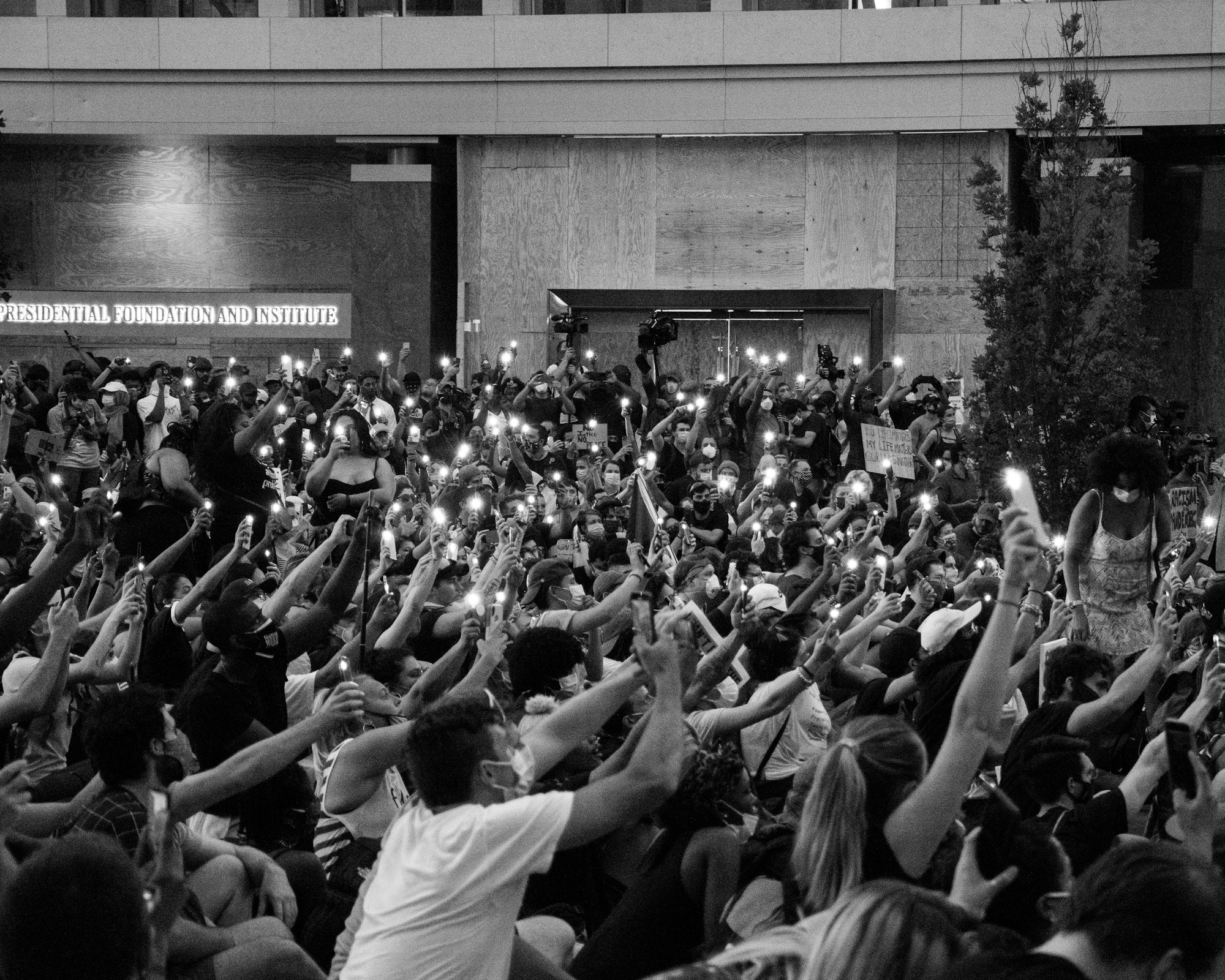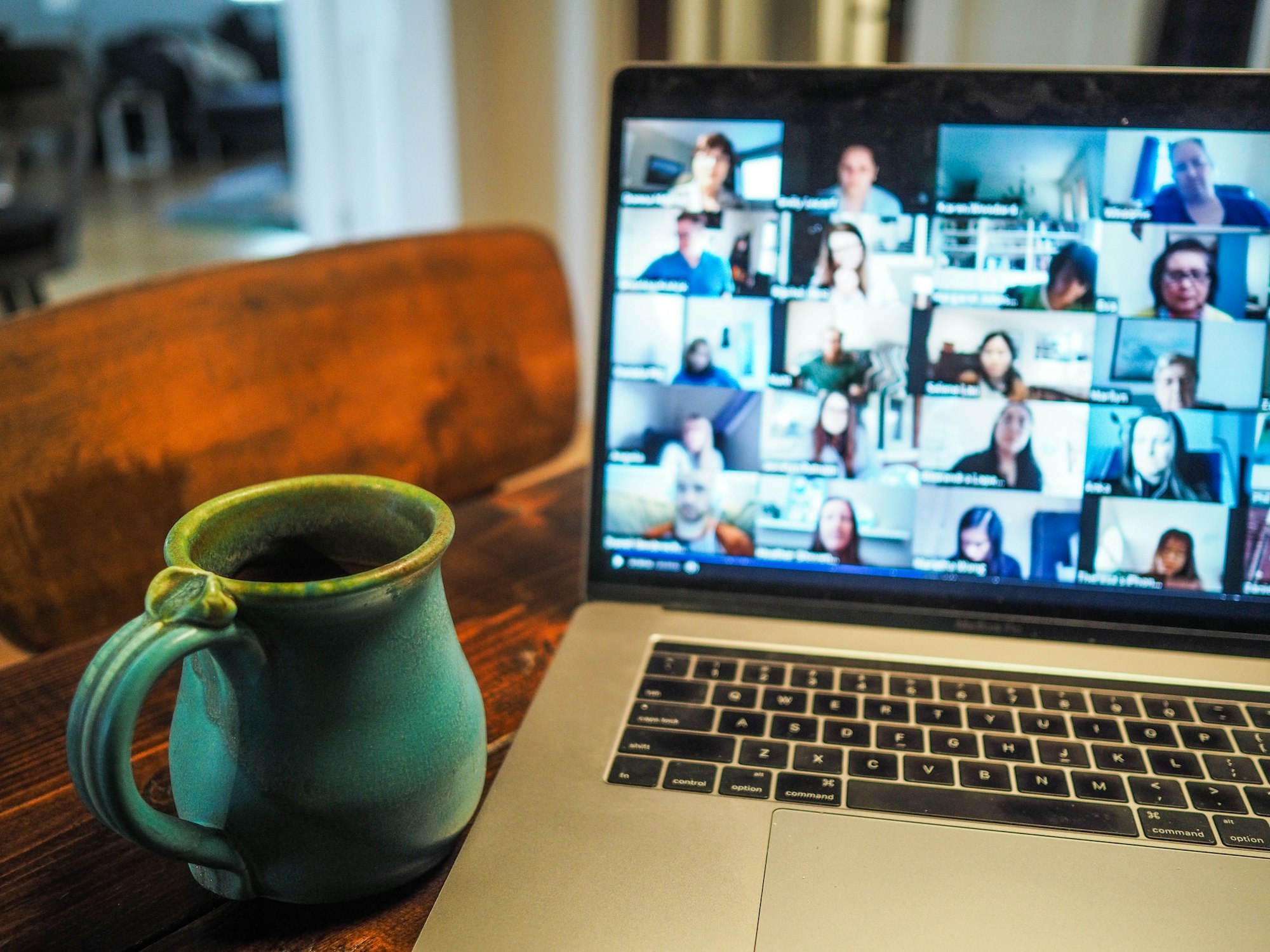It’s time for localism in America.

When you read old speeches of American presidents, you’ll sometimes notice it was commonplace to refer to our country as “these” United States. From Lincoln (“And this issue embraces more than the fate of these United States”) to Roosevelt (“I do not look upon these United States as a finished product. We are still in the making”).
These United States. Plural. A loosely affiliated group. In the years since, we became singular. We are an “us”. And the United States a “The”.
But in 2021, America is becoming a “these” again. Our singular nation with shared values is reverting to the loose collection of groups fueled by changes in technology, culture, and (if we’re honest) grievance politics.
Consider:
- 60% of Americans believe America will be less important in the world
- 73% believe that the gap between rich and poor will grow
- 65% believe the country will be more divided
- 52% of Americans 30-49 believe they will see no social security benefits
- 69% are “very” or “fairly” worried about climate change
- 11% of Americans have “seriously” considered suicide since COVID. That number climbs to 25% in 18-24-year-olds
- Support for the police is at record lows
- Only 20% of Americans “trust the federal government to do what is right”
It’s clear: something is wrong.
This essay is an attempt to offer my solution. The way out of this splintering is, paradoxically, to embrace it. We must recommit to our communities and our countrymen based on proximity, not ideology and not technology. We need localism.
To understand why I believe this, I’d like to diagnose two of the (many) causes of this unraveling: a lack of a shared “now” and a lack of a shared “here”.
Cause #1: The lack of shared “now”

If you go to any protest, you’ll see the bizarre sight of everyone holding up their cell phone camera. At times, protest is theater for the fragmented now, each clip repackaged to be delivered to an awaiting audience. There was no truer example of this than when thousands of Trump supporters stormed the United States Capitol resulting in the deaths of at least five people. It was abundantly clear that they didn’t have much of a plan beyond sharing it on social media.
Within minutes of any current event, there are instantly calcified narratives as to who was to blame, what was responsible, and what, in fact, happened. We don’t have one “now”, we have as many “nows” as there are eyeballs and cell phones.
How can we agree on anything if we can’t even agree on what just happened? How can we trust anything we see when it has been stripped from its surrounding context?
Geography is a natural dampener for this effect. Geographer Yi-Fu Tuan once wrote:
“In the past, news that reached me from afar was old news. Now, with instantaneous transmission, all news is contemporary. I live in the present, surrounded by present time, whereas not so long ago, the present where I am was an island surrounded by the pasts that deepened with distance.”
h/t to Doug Stewart aka zamoose, who found this in The Convivial Society
With the dampener of location quickly removed, we are increasingly aware of the objectionable behavior of others, and we are increasingly powerless to do anything to stop it. We are also constantly confronted with news telling us that everything is not okay, even if our day-to-day lives are unaffected.
It’s making us naturally distrust others. At any moment, you can pull up dozens of videos of injustices around the world, views you find abhorrent, or people acting in ways you find objectionable. And short of some catharsis online, we are powerless to take any immediate action.
The way back to a shared now is to shrink your zone of attention. To reintroduce that dampener. The only “now” is the one you can literally reach at this moment. The closer something is to your physical location, the more it affects you and you can affect it. It allows you to regain some control and influence.
Americans don’t trust what they see on their screens. But they will trust those in their communities and those they know personally. Americans trust local news over national and believe news from friends is more considerate of multiple “sides” than news from news media. We need to rebuild and reinvest in these relationships if we are to get our feet under ourselves again — and that means focusing where we have agency.
Cause #2: A lack of a shared “here”

There are many that hope to use the very tools causing our lack of a shared “now” to solve our issues. Don’t repair the institution, the thinking goes, make it irrelevant.
Fix the banks with the blockchain. Fix our education system with asynchronous learning. Fix income inequality with remote work.
These “techno-futurists ” hold the belief that technology will liberate the individual from most power structures, giving them the ultimate flexibility. You can work wherever, go wherever, and get whatever in a frictionless, borderless society. Everything should be as cheap and as convenient as possible. The common thread in these “solutions” is the removal of geography and location as a constraint.
This sounds appealing! But the question they never answer is: what happens next?
If I wave that magic wand and everyone holds Bitcoin, goes to school via Zoom and Youtube, and can work anywhere with a wifi connection — what do we, as a nation, build? The very things we want flexibility to enjoy are only possible because someone made a commitment to a community and a place.
The reason, say, Tokyo is so interesting to Americans like me is because it’s a completely different place with different values. Generations have labored and tinkered to create a place with a memory and a culture. And from those generations sprung the institutions that make Tokyo what it is — and those are the outputs that you as the visitor get to enjoy.
The techno-futurists want it both ways: access to culture and community any time they want, without putting in the work to preserve and create culture and community. They are working to create a world where there is some sort of mass, collective consciousness where frictionlessness and is the primary value. In her powerful essay in Tablet, Alana Newhouse derided this as “Flatness.”
Frictionlessness is sometimes good. But strip malls are frictionless. Fast food is frictionless. Facebook feeds are frictionless. Tinder is frictionless. Getting videos of terrible human behavior beamed directly to your phone is frictionless.
I don’t believe people really want globalism.
— 𝐃𝐞𝐟𝐚𝐮𝐥𝐭 𝐅𝐫𝐢𝐞𝐧𝐝 (@default_friend) January 18, 2021
They want to be part of a small group of elites who freely move between well-preserved and folksy cultures. France remains French and you enjoy your patisseries and so on. It’s a total con.
The techno-optimists have one thing correct: there is no putting the cat back in the bag. Our technology will continue to change our lives and there is no use in pretending otherwise.
But to the localist, the tools of the techno-optimists are best used to find the right local community, not to supplant it entirely. The internet is not the end. It is the means. Learning via YouTube supplements the classroom. Remote work enables labor more flexibility to care for one’s family and community.
Nearly a year into this pandemic are you happier because you have to rely almost entirely on the internet and social media to communicate with your friends and family? The techno-optimist future looks more like forever COVID isolation than some sort of Star Trek utopia.
Why localism is the way: trust
America is not a collection of individuals. It’s also not a monolithic “nation”. The atomic unit of American society is the community. The community is the middle ground of friction and ease, of trust and anonymity.
“We draw our strength from not only being ‘one nation’ politically,” writes Bruce Katz and Jeremy Nowak in The New Localism, “but also from having multiple nodes of energy, innovation, and experimentation.”
Alexis de Tocqueville referred to this as the “township” it is “the grouping so close to a man’s nature that wherever men gather township automatically comes into being” and that “the strength of a free nation resides in the township.” To him, it was one of many characteristics that made America, well… America.
Those of us born in the age of the internet and globalization have abandoned our roles as caretakers of our townships. We express loyalty to politicians who will never set foot in our town. We work for massive corporate entities who spend their profits and spoils elsewhere. We allow our minds and our bank accounts to be extracted by people who have no plans on positively changing our day-to-day lives.
Location is the great equalizer. It’s harder for me to lie to you in person. It’s harder for you to hate me if you see me every day. It’s easier to feel progress and faith in our institutions when we can see it not just on our screens but on our block. Our dollars should, as much as possible, help our neighbors.
How to live like a localist
Localism is not charity. It doesn’t require you to dedicate your life to building a non-profit with your family name on the door (though by all means, go for it). It’s also not a demand that one never travel or spend money outside of their community.
Instead, it’s a filter for knowing how to make choices and direct your resources of time, attention, and money. It’s a prioritization. It’s a system of beliefs and not an end.
Some suggestions for living your life as a localist:
- Commit. You must pick a community based on geography on a long time horizon. Think in decades, not years. You must put some skin in the game via home ownership, starting a business, or other means that somehow intertwine your future with the future of those around you. This may not be the best way to maximize your economic returns. But persona economic benefit is not (entirely) the point.
This doesn’t mean you can’t (or won’t) move someday. It doesn’t mean you shouldn’t travel (quite the contrary!) But it means you plan on being a participant and not an observer of wherever you are right now — and that’s easier when you know you’ll be around to see the results of your actions.
- Work locally. When possible, contribute your labor to a business that is located in or around your community. Good is working remotely and spending the money locally. Better is working alongside your neighbors and contributing to your local economy via your commute, lunch breaks, after-work activities, and business spending. Too much in our world makes it easy for our time, labor, money, or attention to be sapped away by those we will never meet in person. This decouples actions and consequences in a way that can be destructive to our shared sense of trust.
- Disassociate from the hive mind. Dramatically increase the threshold that “non-local” news has to meet in order to command your attention. Know that some annoying viral video taking place several states away should have no impact on your day-to-day thinking — nor can you do anything about it. Know that acting online has a fraction of the impact as acting in person.
- Live and let live. The inverse of the rule above. If you don’t like the idea of someone not from your community telling you how it should work, give others the same courtesy. It’s not your job to tell people what’s best for them. If Miami wants to go crazy to attract startups, god bless. If a bunch of people in Oklahoma want to rename their high schools, best of luck.
- Be exceedingly generous to those in your community. Should you be able to, be liberal giving away your time, effort, and (when appropriate) money to benefit your neighborhood. Say hello, solve tiny problems, respect the history and those that predate you. Welcome newcomers. When in doubt, err on the side of being almost annoyingly friendly. These are the small efforts that, over time, make a neighborhood special and introduce you to your neighbors.
- Build something that will outlast you. View it as your life’s work to permanently improve something in your community. It can be something simple like funding a bench in your local park. Or something like creating a community group, a building, or a scholarship. Maybe it’s starting the first local soccer team or throwing an annual event. Be patient. This isn’t like your work life where you can grind out a project and declare victory.
I’m not pretending localism is a cure-all. But before telling anyone else what America should be or look like, we need to get our own houses in order — and that starts locally.